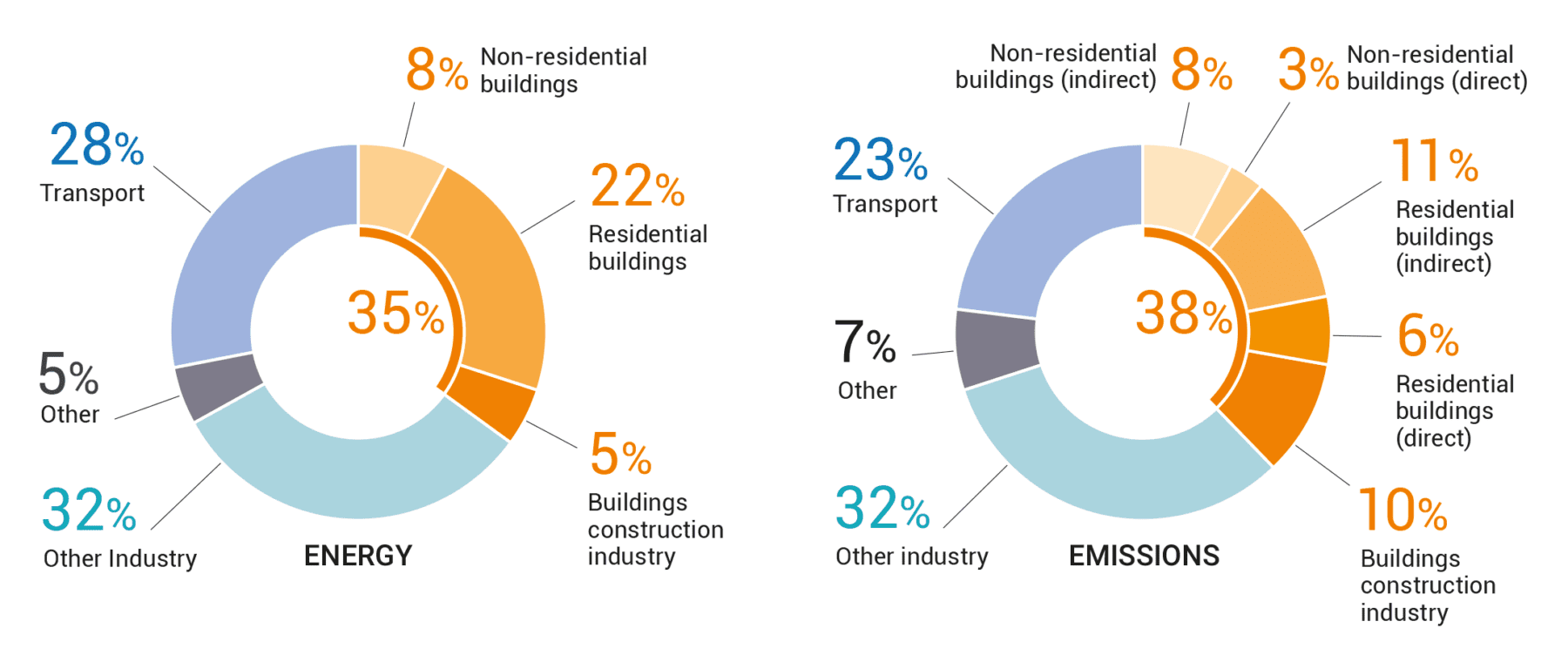Victoria to require zero carbon construction by 2025
B.C.’s capital is wanting to lead the way in kicking carbon to the curb with new building requirements.

Victoria, B.C. will soon require all new buildings to be carbon zero, one of the first municipalities in the province to do so. – Province of B.C.
Key Takeaways:
- By 2025, new buildings in Victoria, B.C. must be zero carbon.
- This is part of larger plans to be completely on renewable energy by 2050.
- The move would make it one of the first B.C. cities to have a zero carbon construction standard.
The Whole Story:
Starting in 2025 Victoria will require all new construction to be zero carbon. The city noted that the new goal is part is of its accelerated climate action plan to cut greenhouse gas emissions by 50 per cent before 2050.
The requirement will come on the heels of the the BC Building Code carbon pollution standards that start this year.
The zero carbon standard is five years ahead of B.C.’s carbon requirements. The city stated that the new requirements are expected to significantly cut greenhouse gas emissions from new buildings. By 2050 the city plans to also switch over to 100 per cent renewable energy. The switch could trip up to 7 per cent of the total community emissions needed to reach those 2050 goals.

The city boasted that it is one of the first municipalities to establish a zero carbon polluting standard for construction and steer away from fossil fuels for water and space heating.
The requirements and schedule were set after an engagement process with the local building industry, co-led by the city of Victoria, the district of Saanich and the district of Central Saanich with support from the Capital Regional District (CRD). The engagement focused on how best to reduce greenhouse gas emissions from new construction through the BC Energy Step Code and the forthcoming carbon pollution standards.
According to a report by the Global Alliance for Buildings and Construction, buildings were responsible for 38 per cent of global carbon emissions in 2020. This was followed by the transportation industry, which contributed 23 per cent of emissions. The report accounted for emissions produced during construction as well as operation, including natural gas heating or coal-powered electricity.
